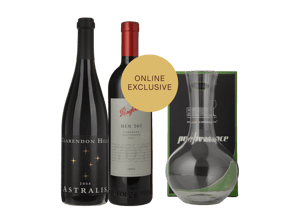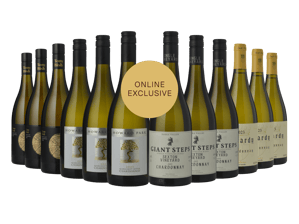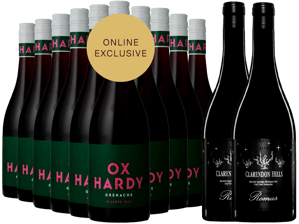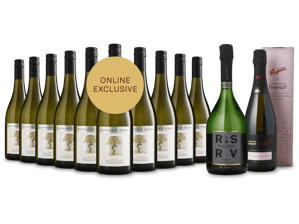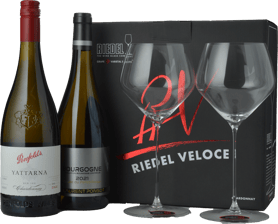Langton’s Selections
^3De Bortoli Noble One Botrytis Semillon
Vittorio de Bortoli arrived in Griffith in 1924, the centre of the Riverina region and a part of the Murrumbidgee Irrigation Area. Returning soldiers from WW1 and Italian immigrants are largely responsible for the growth of this important wine-growing region. De Bortoli established a mixed farming business and hobby winery in 1927 purchasing a 55 acre fruit farm. Itinerant Italian labourers, who arrived in the Riverina during the fruit picking season, encouraged Vittorio to start making wine commercially. The venture has thrived through the second and third generation with Deen de Bortoli, his son Darren, son-in-law Steve Webber and other family members improving quality, expanding markets and production.
Originally released as a Semillon Sauterne in 1982, De Bortoli Noble One Semillon was one of the first Australian celebrity wines of the 1980s. The beginnings of De Bortoli Noble One encapsulate the mood of the emerging Australian wine industry – a combination of youthful enthusiasm, a certain degree of naivety and tremendous faith in new technology and ideas.
Looking back it is intriguing to think of Chateau d’Yquem buying 10 cases of the first vintage to see what the fuss was all about. The fuss, however, began at Roseworthy Agricultural College (Australia’s premier winemaking institution and now a part of the University of Adelaide) with a bottle of 1975 Chateau Coutet brought to a wine tasting by fellow student Jim Whittle. It was one of those defining moments. It inspired Darren de Bortoli to learn more about Botrytis style wines.
He was in the right place. The oenology department at Roseworthy Agricultural College was at the forefront of sweet Botrytis white wine making research in Australia. Darren de Bortoli said, “Dad was really supportive. I showed him a bottle of the now legendary 1958 McWilliam’s Pedro Ximenez Dessert Wine and he was pretty impressed. This was the first Australian wine acknowledged as having been affected with Botrytis Cinerea. I also told him about the high humidity levels in the Riverina during autumn – they were generally not understood at the time. When some of the growers heard about De Bortoli bringing in rotten grapes they were ‘aghast, but started bringing around their fruit, not quite believing their luck’”.
De Bortoli remembers the ‘smorgasbord’ of Botrytis affected crops available in 1982. The Riverina district is particularly susceptible to natural infections of Botrytis Cinerea (also known as noble rot) a mould that, given the right conditions, will grow on grapes. As the mould grows, hyphae (filaments) shrivel the fruit, concentrating the juice, increasing viscosity and imparting new flavour characteristics. The spores need approximately 10 hours of humidity to start infecting the grapes.
The Semillon grapes are these days entirely sourced from De Bortoli's own vineyards near Yenda and Bilbul. The vines are planted on medium to heavy clay loams and the vineyards managed to ensure a high level of humidity between the vines to promote Botrytis. The best vineyards for this style of wine are located on heavier clay soils, usually in ‘sinks’ where fogs congregate.
In particularly wet years vineyards on sandy soils seem to perform better. The fruit is crushed and pressed to release the highly viscous and sweet juice. Each parcel is kept separate. After settling the wine is fermented with specially selected yeasts. Fermentation is stopped at a desirable level of sweetness and alcohol balance. The wine is then matured in tightly grained French oak puncheons (Seguin Moreau) for approximately 12 months to add further dimension to the style. It is then matured in bottle for a further 12 months before release. The wine usually has a very high level of volatile acidity generated by struggling yeasts in a highly sugared must. This is a part of the style and balanced out by plenty of fruit aromas and concentration. Production levels depend on vintage but are usually between 2000 and 4000 dozen cases a year.
Andrew Caillard MW, Langton's

